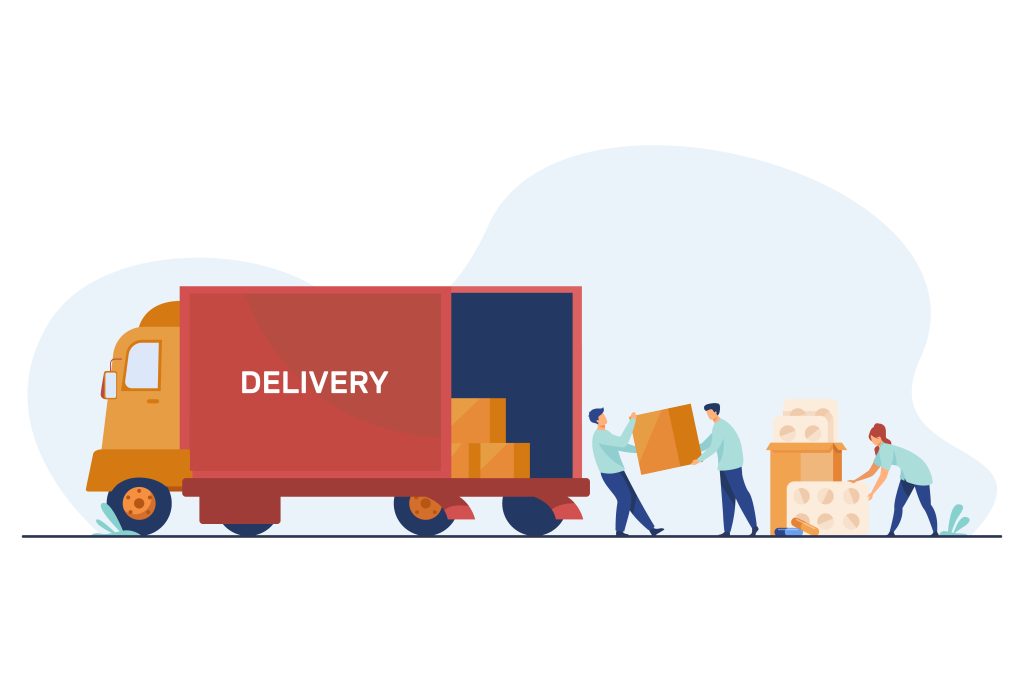When we think of blockchain we most often think of cryptocurrencies like Bitcoin that brought the technology into the public view. While many of the leading banks and FIs were skeptical of cryptocurrency when Bitcoin first emerged, they were also quick to point out the potential of the blockchain platform for solving other business use cases.
Walmart Canada did just that, using an innovative blockchain solution to iron out the wrinkles in their supply chain. Many consider Walmart to be experts in supply chain and logistics management, considering the scale and scope of their business. In Canada alone, Walmart uses 70+ third-party freight carriers in addition to its own fleet, moving 500,000 shipments annually (some perishable) across a wide expanse of time zones and climates. A bigger problem than the actual logistics is the billing and payments: each invoice needs to account for over 200 data points such as stops, gallons of fuel, temperature monitoring, etc. Each invoice must be reconciled to the quoted price based on the variables of each trip and the contract adjustments allowed for certain circumstances. The inherent complexity resulted in 70% of invoices requiring manual review, and the associated time resulted in delayed payments from Walmart to their shipping carriers.
The Walmart team analyzed the situation, and the root cause was identified to be the multiple information systems in use by both Walmart and its carriers; the systems could not communicate and exchange data, so reconciling invoices to quotes so that payment could be made was a time-consuming, manual process. Likewise, the carriers had similar issues in their receivables departments as they reconciled payments received from Walmart to their original quotes and invoices. The systems in use by each were purpose-built for the needs of their enterprise and worked well in their respective ecosystems, but were not optimized to exchange data with external systems. A blockchain network would overcome the issues of incompatible systems by serving as a single source of truth for the invoicing, data collection, contract rules, and payments for both Walmart and their 70+ carriers.
After two years of exhaustive testing, the system went live across the Walmart Canada logistics network and delivered immediate benefits by reducing the amount of disputed invoices from 70% to 1%, which in turn significantly reduced the manual efforts involved in payables and receivables, resulting in carriers getting paid on time.
Overview by Don Apgar, Director, Merchant Services Advisory Practice at Mercator Advisory Group
